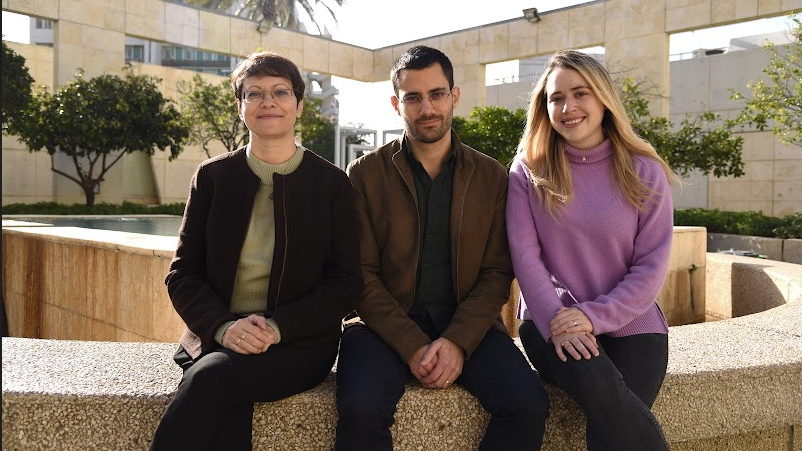Tel Aviv U Researchers Identify Early Alzheimer’s Signal in Brain Activity
Researchers at Tel Aviv University have discovered a pathological brain activity that could enable an early diagnosis of Alzheimer’s disease. Brains with increased activity in the hippocampus during anesthesia and sleep, resulting from failure in the mechanism that stabilizes the neural network, precedes the onset of Alzheimer’s first symptoms by many years and could enable an early diagnosis, according to the study published last month in the scientific journal Cell Reports. The study was led by Professor Inna Slutsky and doctoral students Daniel Zarhin and Refaela Atsmon from the Sackler Faculty of Medicine and the Sagol School of Neuroscience at Tel Aviv University.
The researchers used animal models for Alzheimer’s, focusing on the hippocampal region of the brain, which plays a key role in memory processes, and is known to be impaired in Alzheimer’s patients. They compared the brain activity when the animals were awake, asleep or under anesthesia.
“Innovative imaging technologies developed in recent years have revealed that amyloid deposits, a hallmark of Alzheimer’s disease pathology, are formed in patients’ brains as early as 10-20 years before the onset of typical symptoms such as memory impairment and cognitive decline. Unfortunately, most efforts to treat Alzheimer’s disease by reducing the amount of amyloid-beta proteins and their aggregation have failed. If we could detect the disease at the pre-symptomatic stage, and keep it in a dormant phase for many years, this would be a tremendous achievement in the field. We believe that identifying a signature of aberrant brain activity in the pre-symptomatic stage of Alzheimer’s and understanding the mechanisms underlying its development is a key to effective treatment,” Slutsky said in a statement.
The study suggests that an existing treatment for multiple sclerosis may help to stabilize brain activity at early disease stage by suppressing this type of anesthesia-induced aberrant brain activity. “The instability in neuronal activity which we found in this study is known from epilepsy. In a previous study we discovered that an existing drug for multiple sclerosis may help epilepsy patients by activating a homeostatic mechanism that lowers the set point of neural activity. Doctoral student Shiri Shoob examined the effect of the drug on hippocampal activity in the animal model for Alzheimer’s and found that in this case also the drug stabilizes activity and reduces pathological activity observed during anesthesia,” Slutsky said.
The researchers now plan to collaborate with medical centers in Israel and worldwide to test whether the mechanisms discovered in animal models can also be identified in patients with early-stage Alzheimer’s disease.


